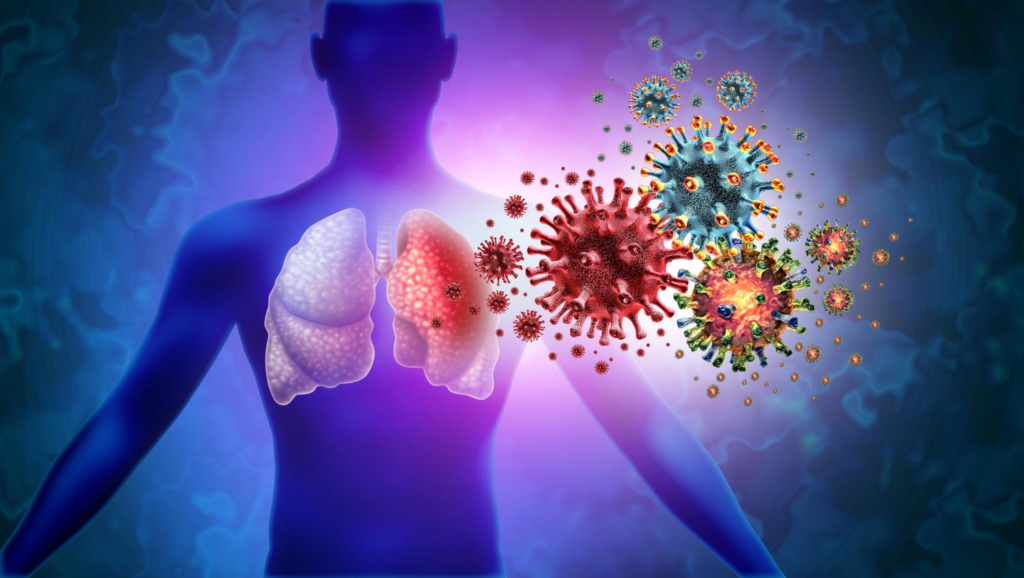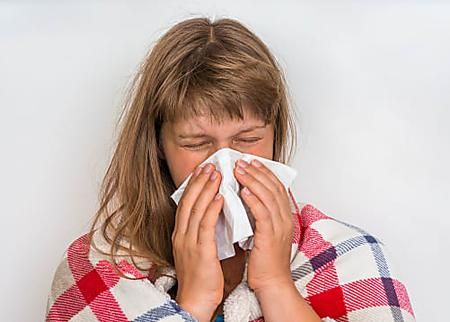The COVID-19 pandemic did not just change our lives — it also changed our bodies. Many people wonder how their immune system has been affected after recovering from COVID-19. Some are still facing health problems months later. In this blog, we explore how the virus impacts our immune system in the long run and what science is learning about long COVID and public health.
How COVID-19 Affects the Immune System
COVID-19 is a virus that strongly activates the immune system. For many, the immune system fights the virus and recovers. But in some cases, it stays overactive or becomes weak, leading to ongoing issues. This change in immunity is one reason why some people feel tired, foggy, or unwell even months after recovery.

What Is Long COVID?
Long COVID means health problems that continue for weeks or months after the initial infection. Symptoms include:
- Fatigue
- Brain fog
- Shortness of breath
- Joint or muscle pain
- Heart or lung issues
Doctors and scientists are still trying to understand why this happens, but it seems linked to how COVID affects immune cells and inflammation in the body.
Is Our Immunity Stronger or Weaker?
After infection or vaccination, the body produces antibodies and memory cells to fight the virus in the future. But with new variants and repeated infections, the immune system can become confused or overworked. In some people, this may lead to weaker defense or auto-immune reactions.
How Public Health Has Changed
COVID-19 made people more aware of hygiene, vaccines, and health tracking. It also pushed science to better understand viruses, immunity, and how diseases spread. This has changed how we think about health — not just during a pandemic, but every day.
Also Read :
https://thefirstcritic.com/earthquakes-in-the-himalayas-ticking-tectonic-time-bomb/
FAQs
1. What is long COVID?
It refers to long-term symptoms that last after recovering from the COVID-19 infection.
2. Can COVID change your immune system?
Yes, in some people, it can cause long-term changes in immune response and inflammation.
3. How long do long COVID symptoms last?
Symptoms can last for several weeks or even months, depending on the individual.
4. Does vaccination help with long COVID?
Vaccination reduces the risk of long COVID and helps the immune system respond better.
5. What have we learned about health from the pandemic?
We now better understand the importance of public health, immunity, and rapid science response.













More Stories
Mogambo, Crime, and Comedy: The Era of Iconic Villains & Sidekicks
The Rise of the Khans: How the 90s Built Bollywood’s Biggest Superstars
A nostalgic look at the unforgettable soundtracks of the 90s — from Nadeem-Shravan to A.R. Rahman.